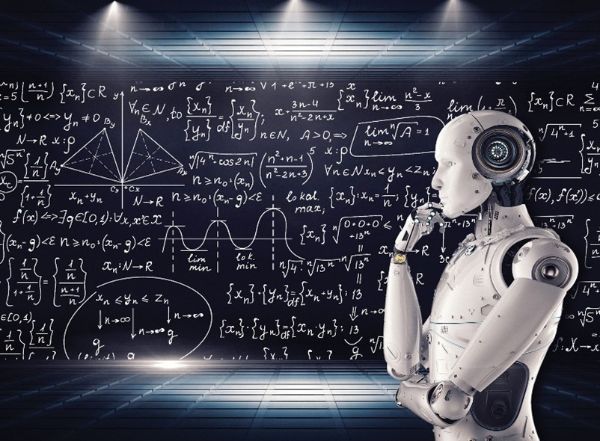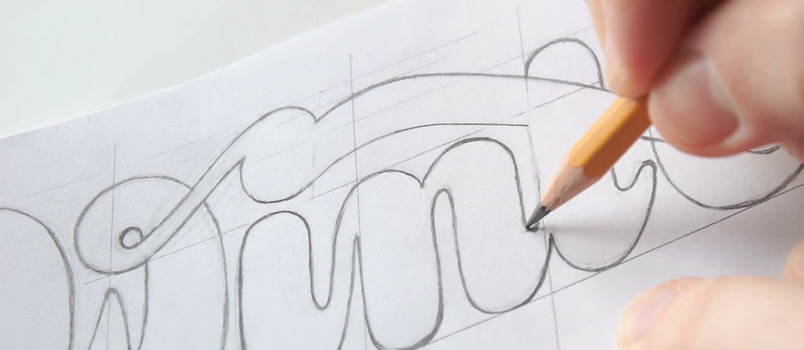In today’s fast-paced, technology-driven world, education has undergone a significant transformation, and math education is no exception. The integration of technology into modern math education has revolutionized the way students learn and interact with mathematical concepts. From interactive apps to online resources, technology has opened up new avenues for both students and GCSE maths tutors near me. Let’s explore the evolving landscape of math education in the digital age.
The Digital Revolution in Math Education
Technology has become an indispensable tool in the world of education, and math is no different. Here, we’ll delve into how technology is reshaping math education and making it more accessible and engaging.
Interactive Learning Apps: Interactive math learning apps offer students a dynamic and engaging way to explore mathematical concepts. From geometry to algebra, these apps provide step-by-step explanations, interactive exercises, and immediate feedback.
Online Tutoring Platforms: The availability of online tutoring platforms has made it easier than ever to find GCSE maths tutors near you. These platforms connect students with experienced tutors who can provide personalized guidance and support through virtual lessons.
Virtual Whiteboards: Virtual whiteboards allow for real-time collaboration between students and tutors. They enable interactive problem-solving, making it easier to visualize and explain mathematical concepts.
Gamification of Learning: Gamified math apps and platforms turn learning into a fun and immersive experience. Students can earn rewards, complete challenges, and track their progress as they tackle math problems.
The Benefits of Technology in Math Education
The integration of technology into math education offers numerous advantages that benefit both students and GCSE maths tutors.
Personalized Learning: Technology allows for personalized learning experiences, catering to individual student needs. Tutors can tailor lessons to address specific areas of weakness or provide additional challenges for advanced learners.
Accessibility: Online resources and tutoring platforms make math education accessible to students regardless of their location. Students can easily connect with expert tutors, even if they live in remote areas.
Immediate Feedback: Technology provides instant feedback, allowing students to correct mistakes and reinforce their understanding of mathematical concepts in real time.
Engagement: Interactive apps and gamified learning keep students engaged and motivated. Math becomes less daunting and more enjoyable when presented in an interactive format.

The Future of Math Education
As technology continues to advance, the future of math education holds even more exciting possibilities. Here are some trends to watch for:
Artificial Intelligence (AI): AI-powered math tutoring systems can analyze student performance and adapt lessons in real time, providing a truly personalized learning experience.
Virtual Reality (VR): VR can immerse students in mathematical environments, making abstract concepts more tangible and interactive.
Online Math Communities: Online communities and forums facilitate collaborative learning, enabling students to share insights and solve problems together.
In conclusion, technology has become an invaluable ally in modern math education. It has expanded access to quality tutoring, enhanced engagement, and provided innovative ways to learn and interact with mathematical concepts. Whether you’re a student looking for GCSE maths tutors near you or a tutor seeking effective teaching tools, embracing technology is a step toward a brighter future in math education.





